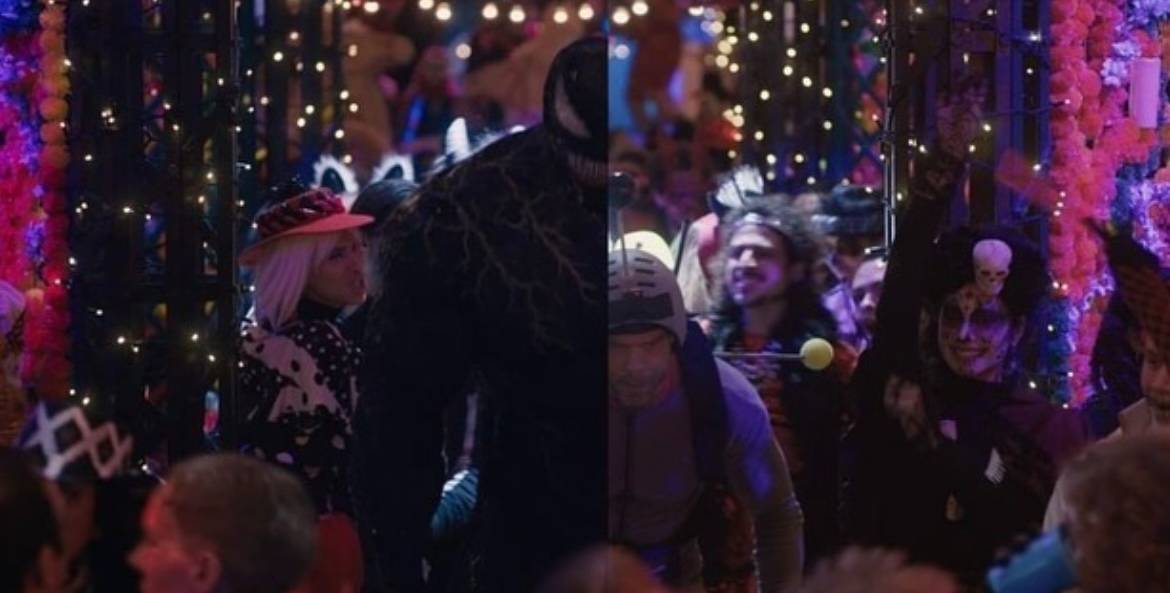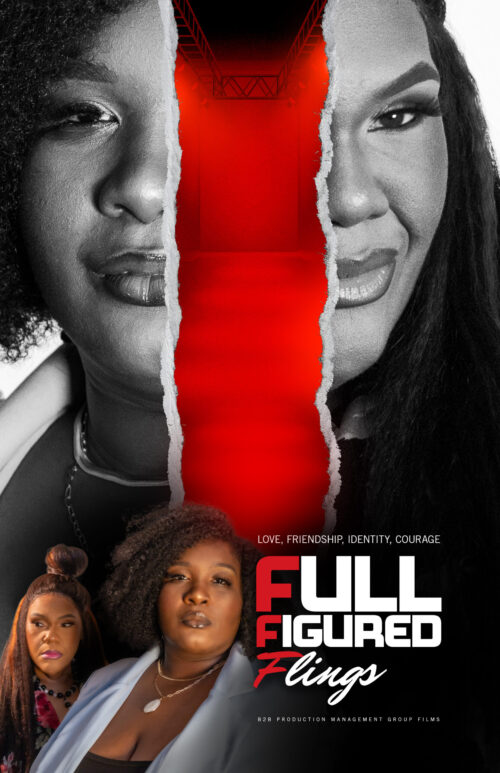We Speak Actors
Actor Adam Basil on stunts, Spielberg and Orcs

Hollywood actor and stunt performer Adam Basil has appeared in movies and TV shows including ‘Beauty and the Beast’, ‘No Time to Die’ and ‘Game of Thrones’. His other credits include ‘Venom: Let There Be Carnage’, ‘Avengers: Age of Ultron’, ‘Kingsman: The Golden Circle’ and ‘Spider-Man: Far from Home’, as well as several ‘Fast & Furious’ movies. He talked to us about his gruelling stunt work, the celebrities he gets to work alongside, the secrets of prosthetics and how being big and bulky has been the making of his career.
How did you get into the film industry?
After working in the theatre and in other jobs (including yacht delivery!), by coincidence I happened upon a stuntman and actor who told me about the British Stunt Register. In the UK, there’s a qualification process for stuntmen and women – you have to be at national level in six different sporting disciplines. It took me many years to complete my training and qualify as a stuntman.
Which celebrities have you worked with?
I’ve worked with lots of well-known actors and directors – Steven Spielberg, Tom Cruise, Tom Hardy, Charlize Theron, Samuel L Jackson, Ryan Reynolds, and many more.

What have been your favourite projects?
My favourite project so far was working with Andy Serkis when I played Venom.
“I also played the Beast in ‘Beauty and the Beast’, and Baloo in ‘The Jungle Book’. Playing a death trooper in ‘Rogue One’ was a challenging role due to the costumes being very restrictive.”
And I really enjoyed playing the body double for Will Smith in ‘Aladdin’ – yep, that big blue body is mine! I did four seasons of ‘Game of Thrones’ and stunt-doubled for the Hound and the Mountain. I had four hours of prosthetics from the great Barry Gower, the mastermind who created the amazing characters you see on those programmes.
Who’s your inspiration?
I grew up on a diet of films like ‘ET’ and ‘Indiana Jones’ and always loved the work of Steven Spielberg. His epic adventures gripped me from an early age, and I had the luck of working with him on ‘Ready Player One’.
What advice would you give someone who wants to become a stuntman and actor?
I’d say think long and hard if it is the job for you. The hours are gruelling, and after long days at work you’ll usually find us in the gym. If that excites you, then get involved by contacting the British Register, or if you’re in America contact SAG to find out how to join us!
What’s your most recent project?
This year, when Penguin released the new Judge Dredd audiobooks, I played the voice of Judge Dredd. We recorded three audiobooks in three days, and one of the scripts alone was 160 pages. I also acted in ‘The Beekeeper’ with Jason Statham, I’m an Ork in the new ‘Lord of the Rings’ franchise and I’m in HBO’s ‘The Last Of Us’. I’m also a guest lead in ‘Django’, a new Sky Atlantic series coming out in February.

What training do you do to prepare for films?
Films are intense – we work six days a week, sometimes seven.
“When working on ‘Beauty and the Beast’, I worked 21 days straight. The days are long – 10 hours minimum, plus travelling to and from work – and we sometimes have to change our body weight for a role.”
For example in ‘Beauty and the Beast’ the Beast is very big, so I was encouraged to bulk up for the role to make the character more menacing. I’d eat 4,20 calories a day and lift weights twice a day, five days a week. For other roles we can be asked to lose weight to fit into costumes that can’t be changed to accommodate the performer. My size has worked well for me, as I’m 6ft4in and weigh 110kg, which helps me get roles and has meant I have travelled all over the world with my work.
Featured photo credit: Andy Serkis
We Speak Actors
Full-Figured Flings Teaser Nears 14K Views – Director of Photography Offers Special Father’s Day Release

Back 2 the Basics Production Management Group is proud to announce the official teaser premiere for FFF: Full-Figured Flings, a bold and unapologetic new film celebrating full-figured women and challenging the norms of beauty in Hollywood. Clocking in at just 46 seconds, the teaser doesn’t waste a moment, delivering a powerful visual and emotional punch that sets the tone for a project rooted in body positivity, size inclusivity, and cultural truth.
Premiering ahead of the 20th anniversary of Phat Girlz (2006), FFF serves as both homage and evolution. The film expands the conversation around colorism, sizeism, and shapeism, spotlighting women who have often been cast aside, sidelined, or silenced.

“This teaser is more than a preview—it’s a declaration,” said Lillie Mae Jones, creator and producer. “FFF is our love letter to the women who’ve never been centered but have always been essential. We’re not just telling stories—we’re shifting the lens.”
FFF: Full-Figured Flings is currently in development as a non-union independent production, with plans to release in 2026. The film invites audiences and allies to follow, support, and amplify the message through community engagement, open casting calls, and creative collaborations—including the launch of a nationwide call for a “Big Girl Anthem” to serve as the film’s official theme song.


Accept the Challenge…
The buzz is building fast around the highly anticipated full-figured fashion experience FFF, and now there’s a challenge on the table that fans won’t want to miss.
After racking up 11,000 views in less than 10 days, the official teaser video for FFF on YouTube is quickly gaining momentum. And now, the film’s Director of Photography, Dominique Perry, has thrown down a bold offer:
“If we hit 20,000 views before Saturday, June 14th, I’ll drop an exclusive second teaser on Father’s Day.”
This is more than a film—it’s a movement. FFF is a high-fashion, high-impact visual celebration of full-figured women taking a stand for representation, inclusion, and power on and off the runway.
Here’s how you can help make it happen: Watch the teaser now on YouTube. Like, comment, and subscribe. Share it with your community and post why YOU stand in solidarity with full-figured women
Watch here for a taste of the boldness, beauty, and energy
-

 We Speak Volleyball1 week ago
We Speak Volleyball1 week agoBuilt for the Pressure, Wired to Compete: Loretta Duby’s Passionate Pursuit of Purpose Through Volleyball
-

 We Speak Soccer6 days ago
We Speak Soccer6 days agoNo Entry Allowed: How Austin Fortner Is Becoming a Standout Keeper with Confidence and Control
-

 We Speak Football7 days ago
We Speak Football7 days agoFrom Snap to Touchdown: How Niah Reyes Plays the Game with Heart and Hustle
-

 We Speak Coaches1 week ago
We Speak Coaches1 week agoCoach of Culture, Heart of a Movement: The Extraordinary Journey of Daniel Moore, Pioneer of Women’s Flag Football and Builder of Young Lives





















